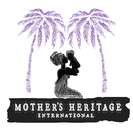I remember the first day of classes – I was there to specifically connect with girls using Chimamanda Ngozi Adichie’s book, We Should All Be Feminists. I walked into the classroom and to my surprise, I saw girls AND boys. I looked at Fafa and she was also surprised; but if they were there to learn, who were we to turn them away? I felt my heart thumping in my ears and my hands shake as I walked to the front of the classroom. The summer heat caused sweat to drip down my back. All those small, innocent faces looked at me, quite surprised to see someone who looked Ghanaian but spoke with an American Accent. “C-O-C-O-N-U-T,” The junior high school students of Sonrise School smiled and giggled as we played this exercise that involved using their body to form the letters before the lesson. When we finished our first class, they were happy to hear that we would come back the next day.

I would return day after day and see the students run into the classroom as soon as they saw me enter the school compound. When we started our lessons on We Should All Be Feminists, I told them to find a dictionary and look up the definition of feminism: “the belief that women should have the same rights and opportunities as men.” We would recite this definition every day because I believed it was important for them to understand the real definition of feminism – not the stereotypes defined by African culture. In the book, Adichie tells a childhood story, in which the student who got the highest test score in her class would become the class monitor. She studied extremely well and received the highest grade in the class, but the teacher told her the monitor had to be a boy. Within our class, we acted this scenario ourselves – I asked the children questions and the student that correctly answered the most questions would get a treat. The winner was a girl, but I told her that a boy must receive my prize. Trust me, there was an uproar, but it led to a necessary conversation regarding the normalization of seeing only boys in authoritative positions. Anti-feminist ideology is so rooted within tradition that many view it as part of the culture; in this case, the classroom monitor must be a boy. It is critical to dissect these “cultural norms” and recognize the disadvantages faced by our girls from a young age. Toward the end of our lessons, I asked the students to answer in their journals, “Why is feminism important in Ghana?” The video highlighted a few of their responses, but I think my favorite is Moses’s: “Feminism is important in modern Ghana to allow women to have the same privilege[s] as men, because all human beings are equal, no matter our gender.” At his age, the word feminism was not even in my vocabulary, yet I could see that he and the other students not only understood its meaning but also could pinpoint its importance within their own culture.

My name is Abigail Ndikum, and I am the proud child of Anglophone Cameroonian immigrants. Though born and raised in America, I have always viewed myself as Cameroonian; the culture and its traditions instilled within me since birth. I grew up eating country food such as Achu soup and jollof rice, listening to Makossa music, and eavesdropping on my parents’ conversations in pidgin English. When I was younger we often traveled back to visit our family, and I remember running through my grandfather’s compound with my cousins to watch the Cameroonian juju perform. I also remember being told by my family that as a woman, I must follow the traditional customs of our patriarchal culture. However, culture is forever changing – the various cultures of past Africa are vastly different from today’s, and the culture of current communities will change tomorrow.“Culture does not make people, people make culture.” I challenge each and every one of us to reflect upon our beliefs and contribute toward a more equitable society, where all may thrive and prosper as their true selves.




